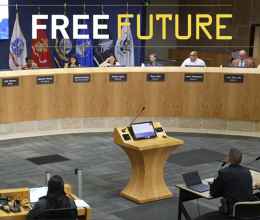This weekend I spoke at a rally in Portland sponsored by CODEPINK to bring awareness to the case of Bradley Manning, the young American soldier who is accused of leaking government documents to WikiLeaks. The rally was set to coincide with Manning’s court-martial, which begins today, more than three years after he was arrested and charged with “aiding the enemy” for allegedly releasing large amounts of classified data to WikiLeaks.
Regardless of your stance on Manning, the conditions of his confinement have been nothing short of cruel and unusual. After his arrest, Manning was held for nine months in a windowless cell in Virginia, for 23 hours a day, while awaiting trial. In addition to being held in pre-trial solitary confinement, he had his glasses taken away so that he could not read, he was subjected to sleep deprivation through repeated physical inspections at night, and he was repeatedly forced to strip naked. (Earlier this year, a military court ruled that Manning’s treatment was indeed “excessive” and “more rigorous than necessary.” As a result, Manning will have 112 days taken off his sentence, if he is convicted.)
Bradley Manning’s case raises many other civil liberties questions. In addition to the charges that he leaked sensitive documents to people unauthorized to receive them, the government is alleging that Manning “aided the enemy,” a much more serious charge that is actually punishable by death (although in Manning’s case that has been taken off the table). Ben Wizner, who directs the ACLU’s Speech, Privacy & Technology Project, wrote an excellent piece last year on the dangers of this charge given the circumstances and the unexpected consequences that it could lead to.
Manning’s case is a complex one, but no matter what you feel about the charges against him, there is no doubt that the conditions he was held in are unacceptable. Manning’s trial is expected to last for several weeks, so this likely won’t be the last you’ll hear about his case. We’ll be following it as well, and we’ll keep you informed if more civil liberties issues arise.
Three Years Later, the Trial of Bradley Manning Begins
Related Issues
Related content

Weekly Highlights October 14 – 17
October 17, 2025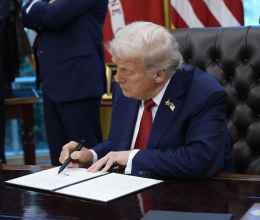
How NSPM-7 Seeks to Use "Domestic Terrorism" to Target Nonprofits...
October 15, 2025
Weekly Highlights October 6 – 10
October 10, 2025
The Freedom to Read: Defending Libraries and Democracy Against Book...
October 7, 2025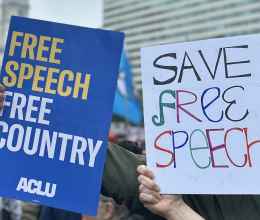
Protecting Free Speech in the Face of Government Retaliation
September 18, 2025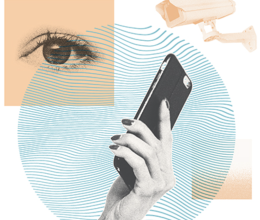
Know Your Rights: Electronic Device Searches During Travel
September 3, 2025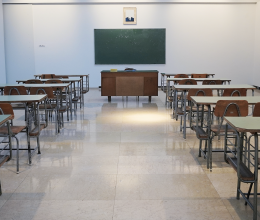
Civil Rights Organizations Urge Students, Parents, and Staff to...
August 26, 2025
Student Speech, Protests, and Walkouts
